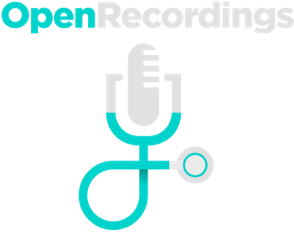
Understanding How Information from Healthcare Visits is Shared with Informal Caregivers
Principal Investigator
Reed WR. Bratches, MPH, MALS
Public Health Relevance
Caregivers who have access to high-quality information about the condition they care for demonstrate less stress, but few studies examine the best ways of provisioning information to caregivers. The proposed research will determine how caregivers are currently interacting with visit information and how caregivers feel about the positive aspects of their caregiving, caregiver burden, and caregiver preparedness. It is expected that findings from this project will inform future research around the provisioning of visit information to caregivers, as well as determine what implementation strategies may be feasible to improve caregiver outcomes.
Funding Source
Dartmouth College Ethics Institute
Project Period: 03/01/2020 – 10/01/2020
Other Project Staff
Dartmouth College: Paul J. Barr, PhD MPH
Project Summary
In 2020, there are 49 million adults over the age of 65 and, increasingly, these older adults live at home, and the management of their daily care is often supported by informal caregiving through their family or friends. Informal caregivers currently make up 21% of the American population. While many caregivers report positive aspects to providing such support, caregiving is also a major stressor that grows in intensity as caregivers feel less prepared. Informal caregivers report higher feelings of preparedness and minimized negative outcomes when they have specific information relevant to those they provide care for, especially from patients’ clinicians. However, little is known about the current ways in which caregivers interact with specific visit information. Additionally, the COVID-19 pandemic has changed the ways informal caregivers interact with those they provide care for, and the effects of telemedicine during the pandemic are not yet known.
The objective of this national, cross-sectional survey is to understand how informal caregivers interact with clinical visit information, pre- and peri-pandemic, and how caregivers might use telemedicine as COVID-19 restrictions begin to ease. We will also assess the impact of telehealth visits on caregiver burden and preparedness using validated metrics.

